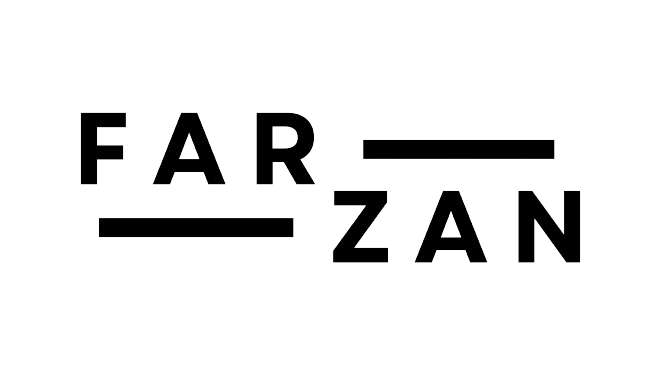From a mom’s and pediatrician’s point of view, keeping just the basics will help you in times of need and free you from the anxiety attached to owning too many unnecessary baby items.[1]
# nfant rectal thermometer
# Infants' non-aspirin liquid pain reliever (acetaminophen or ibuprofen** see below for more info)
# Topical calamine lotion or hydrocortisone cream (½ percent) for insect bites and rashes
# Rubbing alcohol to clean thermometers, tweezers, and scissors
# Petroleum jelly for the rectal thermometer
# Antibacterial ointment for cuts and scrapes
# Tweezers for splinters and ticks
# A pair of sharp scissors
# A pair of safety manicure scissors
# Child-safe sunscreen lotion
# Child-safe insect repellent
# Pediatrician-approved children's strength liquid decongestant
# Nasal aspirator bulb syringe for drawing mucus out of a stuffed-up nose
# Ear thermometer
# Adhesive bandage strips
# Gauze rolls (½ to 2 inches wide)
# Gauze pads (some each of 2x2 and 4x4 inches)
# Adhesive tape
# Sterilized cotton balls
# Cotton-tipped swabs
# Mild liquid soap (antibacterial and deodorant soaps may be too strong for baby's sensitive skin)
# Baby shampoo
# Baby moisturizing cream to help soothe your baby's skin
# A medicine dropper, oral syringe, or calibrated cup or spoon for administering medicines
# A package of tongue depressors to check sore throats
# A heating pad
# A hot-water bottle and ice pack
# A small flashlight to check ears, nose, throat, and eyes
# A First-Aid manual. The American Red Cross's Standard First Aid Personal Safety Manual gives detailed advice for handling both minor and major emergencies.
# If your child has a life-threatening allergy, keep an epinephrine kit with you at all times.[2]
THINGS TO AVOID
You should never give your infant these medicines:
* Aspirin
* Anti-nausea medications
* Adult medications
* Any medication prescribed for someone else or for another reason
* Anything expired
* Chewables. For children under 3, they are a choking hazard
* Extra acetaminophen. Cold and cough medicines often contain acetaminophen, so don't give baby painkillers on top of that. Ask your pharmacist or pediatrician if you're unsure.[3]
Toiletries
Some of the items you will need in the day to day care of your newborn baby include:
* baby soap
* baby shampoo
* petroleum jelly (vaseline)
* diaper wipes
* sterile cotton balls
* baby nail scissors or clippers (keep nails clipped short, especially if he is scratching himself already)
* baby brush or comb[4]

---
Notes:
[1] thecradle.com
[2] fisher-price.com
[3] ibid
[4] keepkidshealthy.com
========
About Me:
I am a 292 days / 9 months, 3 weeks & 1 days old baby

